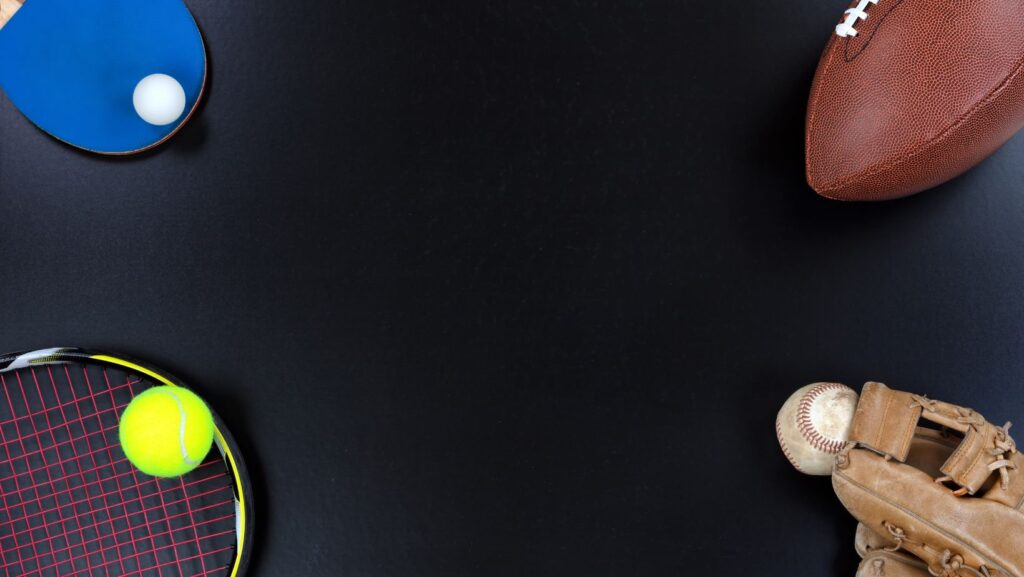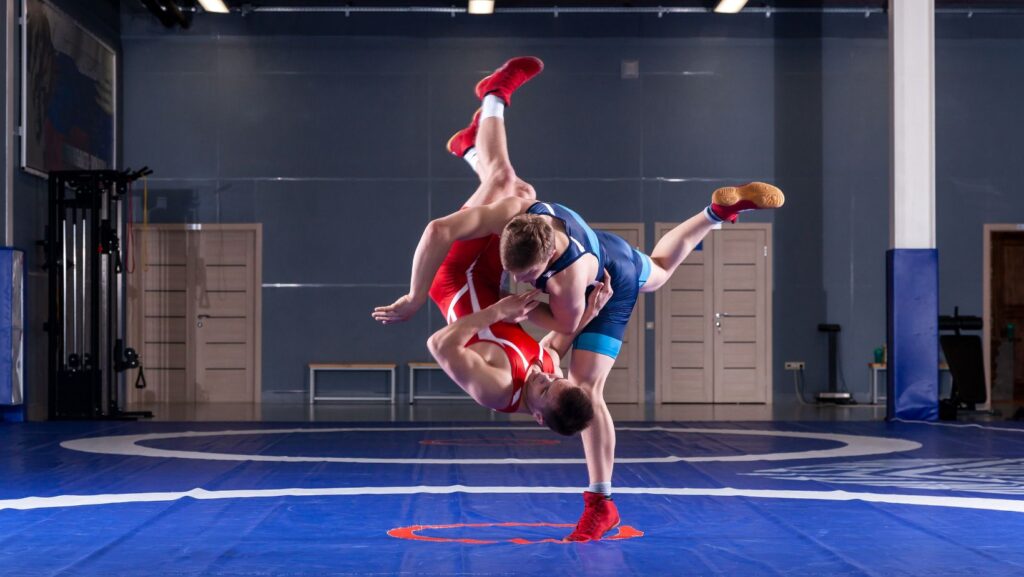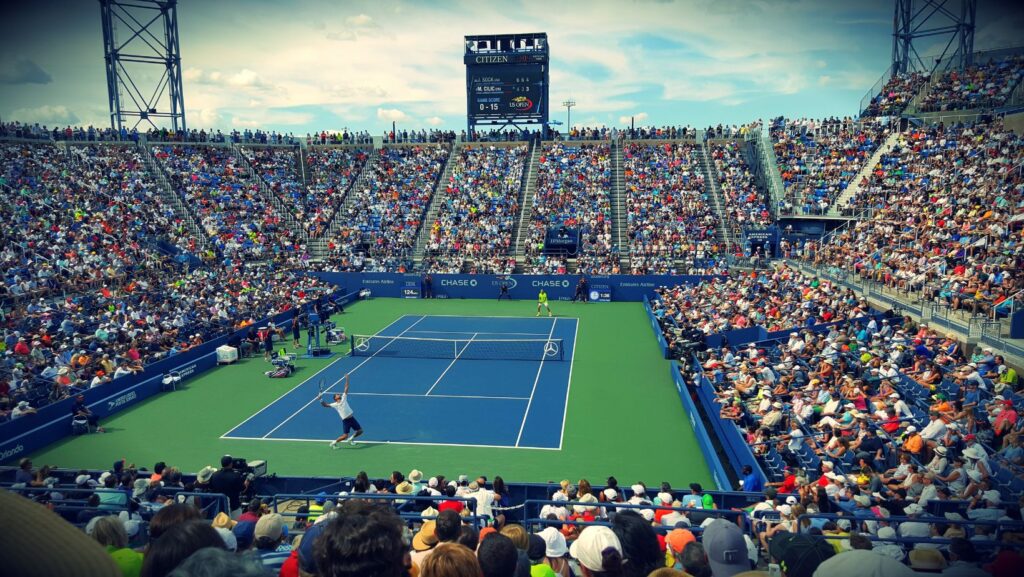
The history and philosophy of sport and physical activity stretch back millennia, reflecting the evolution of human societies and their values. From ancient civilizations that revered athletic prowess to modern societies where sports serve as a microcosm of societal dynamics, this complex history showcases how physical activities have been integral to human culture. They’ve not only provided a means for competition but also a medium through which communities express ideals such as fairness, excellence, and perseverance.
Understanding the philosophy behind sport and physical activity reveals deeper insights into why humans are drawn to these endeavors. It delves into questions about the nature of competition, the ethics of sporting behavior, and what it means to strive for personal or team excellence in physical pursuits. This philosophical platform highlights how sports can teach life lessons beyond mere physical fitness – including teamwork, discipline, and dealing with success or failure.
History and Philosophy of Sport and Physical Activity
The exploration of the history and philosophy of sport and physical activity reveals its profound impact on cultures around the globe. This journey through time highlights how sports have been more than just games; they’ve mirrored societal values, contributed to community cohesion, and reflected the human quest for excellence.
Sport in Ancient Greece
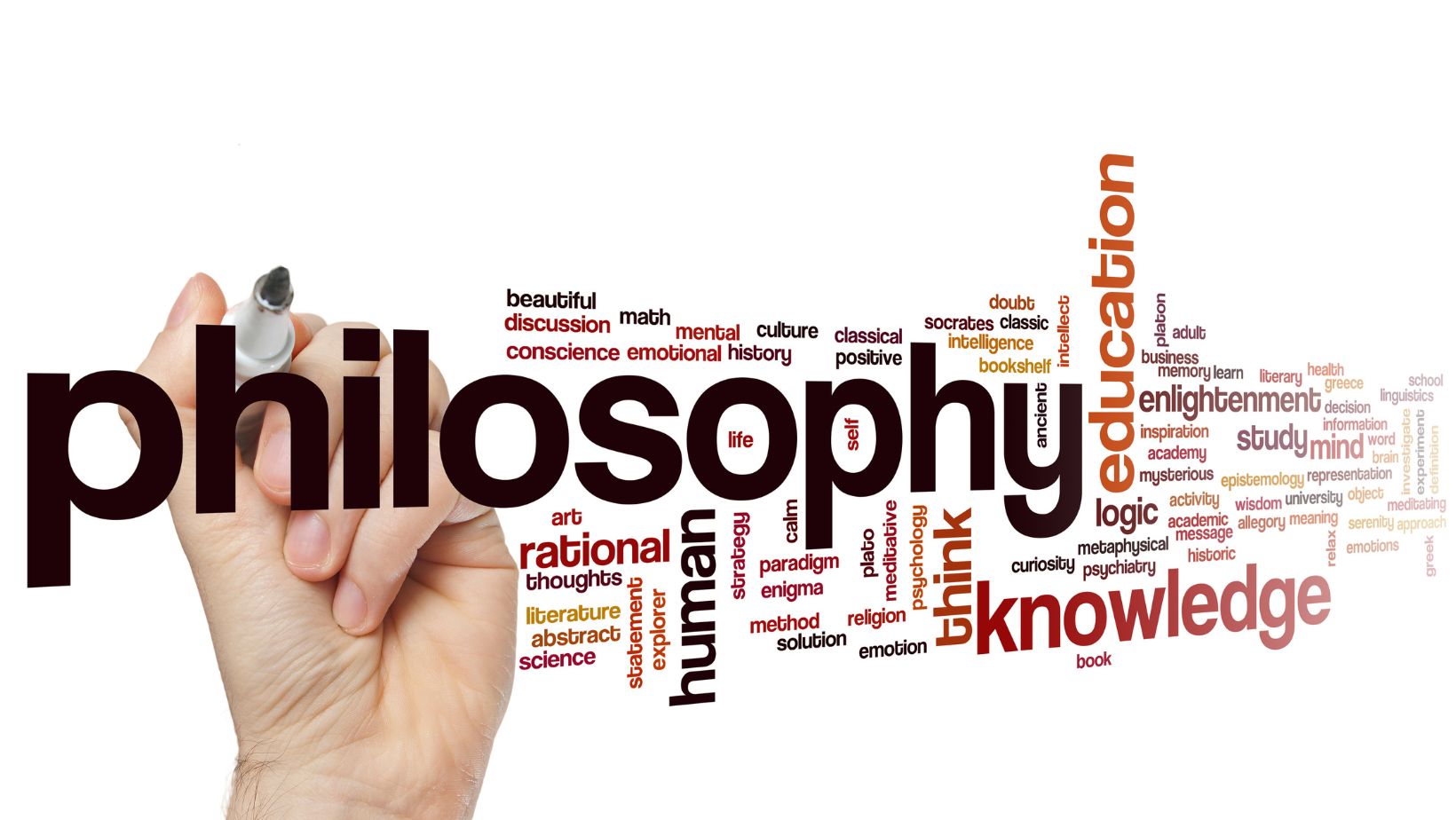
Ancient Greece is often hailed as the cradle of Western sports, with the Olympic Games being a testament to their love for physical contests. Established in 776 BC, these games were not merely athletic competitions but also a religious festival honoring Zeus. Athletes from various city-states competed in events like foot races, long jump, shot put, javelin throw, boxing, and wrestling. The victors received olive wreaths as symbols of honor and glory.
- Philosophy: Greek society held athletes in high regard, embodying ideals such as arete (virtue) and kalokagathia (the unity of physical beauty and goodness). Philosophers like Plato emphasized the role of physical education in developing both mind and body.
- Influence today: Modern Olympics echo these ancient traditions by fostering international peace and understanding through sports.
Physical Culture in Ancient China
Physical culture in ancient China was deeply intertwined with martial arts, which were initially developed for self-defense before evolving into forms practiced for health benefits. Tai Chi Chuan serves as an exemplar—a martial art known for its slow movements that promote balance, flexibility, and calmness.
- Daoist philosophy: This underscored harmony between humans and nature. It influenced Qigong exercises designed to cultivate qi (life energy).
- Imperial examinations: Interestingly enough, during certain dynasties such as Tang (618–907 AD) and Song (960–1279 AD), martial proficiency was part of the imperial examination system.
Philosophical Foundations of Sport: From Antiquity to the Enlightenment
The Greek Philosophy of a Sound Mind in a Sound Body
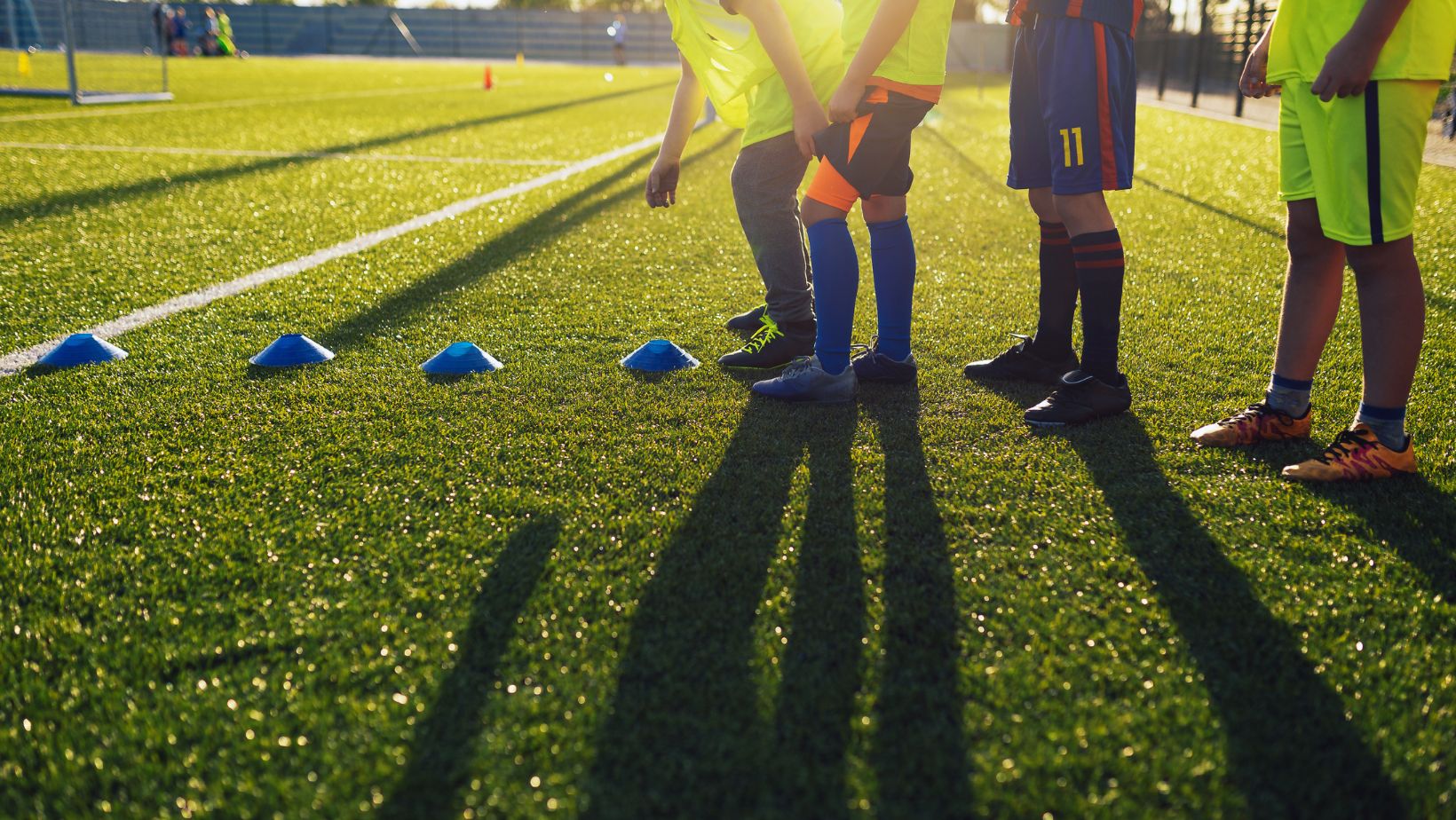
The intersection of the history and philosophy of sport and physical activity finds its roots deeply embedded in ancient Greece, where the maxim “a sound mind in a sound body” was more than just an aphorism; it was a way of life. This principle, articulated by philosophers like Plato and Aristotle, underscored the Greek belief in the harmonious development of mental and physical faculties. They championed athletics as a means to cultivate virtues such as courage, discipline, and honor—values that were seen as essential for both individual excellence and societal well-being.
Athletic competitions like the Olympic Games, originating in 776 BCE, served not only as tests of physical prowess but also as celebrations of communal identity and spiritual devotion. These events highlighted the Greeks’ philosophical stance on physical activity as a crucial element for personal growth and civic responsibility.
Renaissance Humanism and the Cultivation of Physical Prowess
Fast forward to the Renaissance period when Europe experienced a revival of interest in classical antiquities—the philosophies from ancient Greece found new life. This era’s humanists like Vittorino da Feltre saw physical education not merely for its utility but as essential for cultivating virtuous citizens. At his renowned school at Mantua, da Feltre incorporated physical exercises alongside academic studies into his curriculum echoing Greek ideals—heralding perhaps one of history’s first holistic approaches to education.
